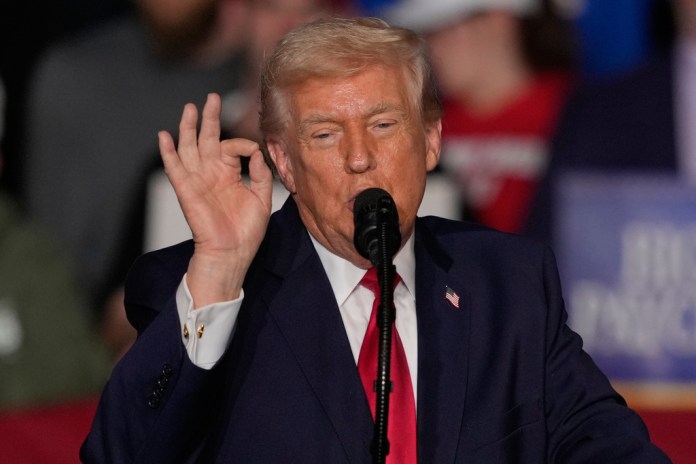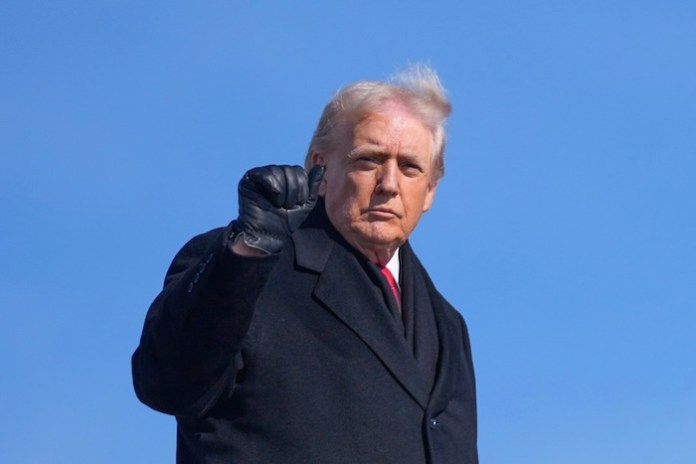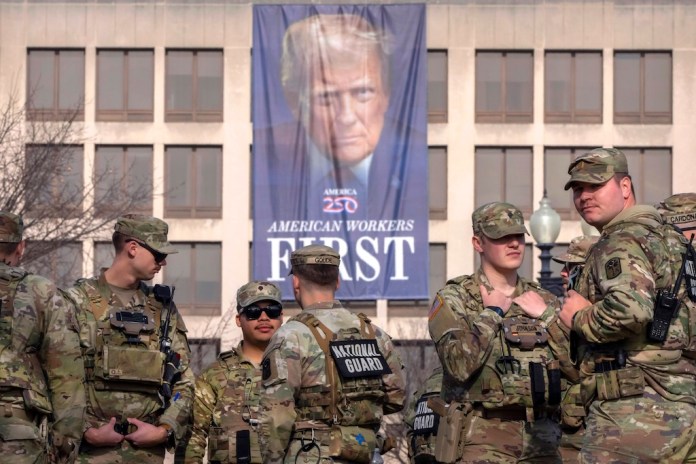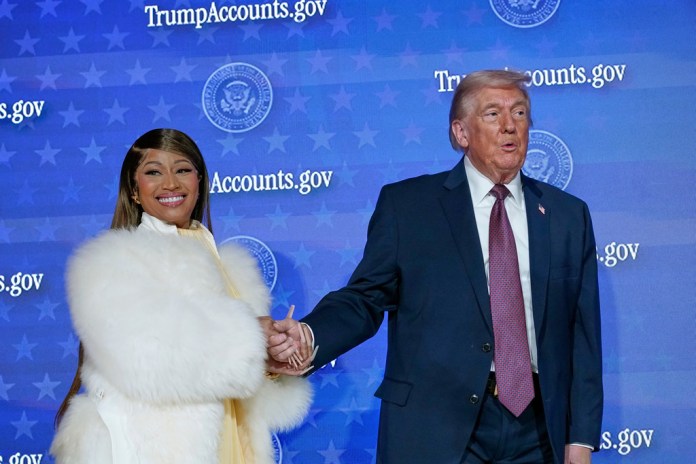Trump administration argues no time-limit on power to deploy National Guard
The Trump governance argued before the U.S. Court of Appeals for the ninth Circuit that the president’s authority to deploy the National Guard has no set time limit, asserting that courts should not review or restrict such deployments. This came during a hearing over California’s legal challenge to the federalization of the California National Guard and their deployment in Los Angeles to protect federal buildings amid protests against immigration enforcement. The Department of Justice emphasized that Congress removed previous time limits from the relevant statute, leaving the duration of deployment to the president’s discretion. California’s Solicitor General countered that the deployment should be limited to the period when the president’s justification remains valid, allowing for judicial review based on a reasonableness standard. Judges on the panel expressed skepticism about the administration’s claim that such presidential actions are beyond court oversight. The lawsuit, initiated by California Governor Gavin Newsom, follows earlier rulings that have both challenged and temporarily permitted the continued deployment. Similar National Guard deployments have occurred in Portland and chicago, resulting in additional legal disputes over the scope and limits of presidential authority in such cases. Legal experts note that while the president can lawfully deploy the National Guard to protect federal property, their role should not extend to regular law enforcement functions.
Trump administration argues no time-limit on power to deploy National Guard
The Trump administration told a federal appeals court on Wednesday that it believes the president’s ability to call up the National Guard does not have a time limit, renewing arguments that the deployment is not reviewable by courts.
A three-judge panel on the U.S. Court of Appeals for the Ninth Circuit heard arguments in California’s challenge to the Trump administration’s deployment of the National Guard to Los Angeles to protect federal buildings and personnel, following unruly protests over federal immigration operations in southern California.
At the beginning of the hearing, Justice Department lawyer Eric McArthur was immediately questioned by Circuit Judge Eric Miller over whether there is a time limit for how long a president may deploy the National Guard. McArthur responded by saying the statute did not include one, despite previous versions of the law having a time limit.
“Congress removed that time limit from the statute, and I think that’s a pretty clear signal that Congress left to the President’s discretion to make the determination of when the danger has sufficiently abated that he can release the officers back to state control,” McArthur said.
McArthur was pressed by Circuit Judge Mark Bennett on whether he was asserting that “no matter how much conditions on the ground changed,” within a matter of months or years, a court would not be able to review whether the deployment still was lawful.
“I just don’t see a basis in the text of the statute for a court to be making that determination. The court would have to, in essence, make up its own standard about when the National Guardsmen have to be released from service, because there’s nothing in the statute – unlike the prior versions – that speaks to that question,” McArthur argued.
California Solicitor General Samuel Harbourt, arguing for the state, claimed the law does not mean the federalized National Guardsmen may “remain in federal service indefinitely,” but rather the court should limit the deployment to as long as the president’s rationale for calling up the troops remains true.
“We acknowledge some need for flexibility on the part of defendants in this area, but I think there has to come a limit. And when it is no longer reasonable to conclude that the basis for the federalization continues to exist … I think you could apply a reasonable, good faith standard in asking whether the exigent circumstances that initially supported the federalization continue to exist,” Harbourt argued.
Judges Bennett, Miller, and Jennifer Sung, two Trump appointees and a Biden appointee, respectively, who previously opted to allow the president to federalize and deploy the National Guard to Los Angeles, again appeared skeptical of the DOJ’s argument that the president’s actions are not subject to judicial review.
McArthur argued to the panel that while he understands it “makes courts uncomfortable” to cede something to the president’s unreviewable discretion, Supreme Court precedent points to Congress policing a president’s abuse of that discretion.
“In Luther, the Court said ‘if the President in exercising this power shall fall into error or invade the rights of the people of the state, it would be in the power of Congress to apply the proper remedy, but the courts must administer the law as they find it,’” McArthur said, pointing to the Supreme Court’s 1849 ruling in Luther v. Borden.
The lawsuit at the center of Wednesday’s hearing was brought by Gov. Gavin Newsom (D-CA) in June. It alleges that President Donald Trump unlawfully federalized the California National Guard and that those troops’ deployment to Los Angeles was unlawful. U.S. District Judge Charles Breyer sided with California in June, but a panel on the Ninth Circuit quickly halted Breyer’s ruling, which has allowed the troops to continue to be deployed since then.
While Trump’s troop deployment in California was the first instance of sending the National Guard into a Democrat-controlled state where anti-immigration enforcement protests had spiraled into unrest, he has since sent troops into Portland and Chicago for similar reasons, prompting other lawsuits.
CHICAGO AND NEW YORK SET UP LEGAL CLASH OVER WHERE ICE CAN ARREST ILLEGAL IMMIGRANTS
A different panel on the Ninth Circuit allowed the Trump administration to deploy troops to Portland earlier this week, but the full appeals court is now considering whether to hold an en banc review of the ruling. With the Chicago deployment, a panel on the U.S. Court of Appeals for the Seventh Circuit declined to lift a district judge’s order blocking the National Guard’s deployment to the city, leading the Trump administration to ask the Supreme Court to lift the block.
The president’s use of the National Guard, while not common, is within his powers, if the troops are only protecting federal property and assets rather than acting as regular law enforcement, according to legal experts.
" Conservative News Daily does not always share or support the views and opinions expressed here; they are just those of the writer."




